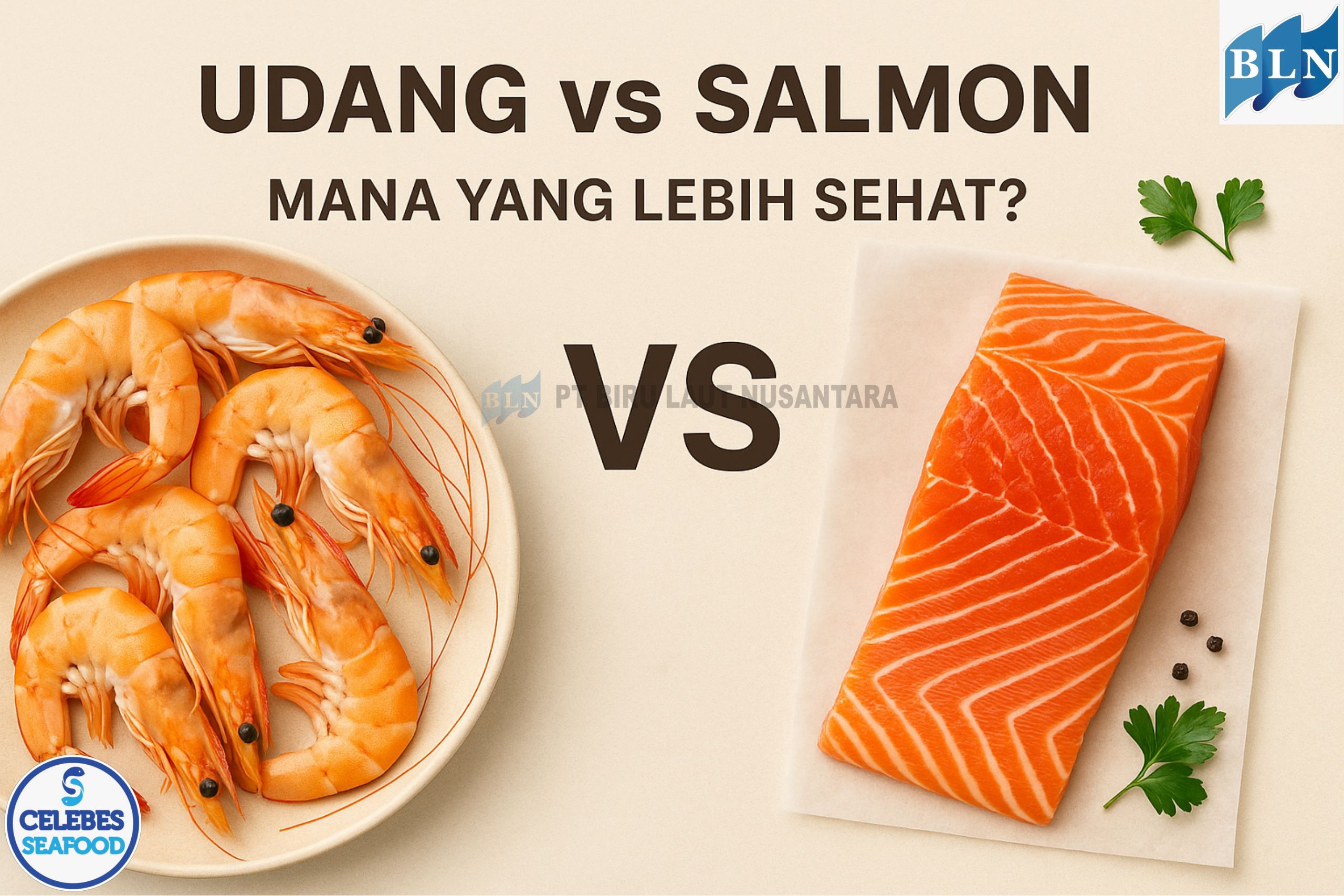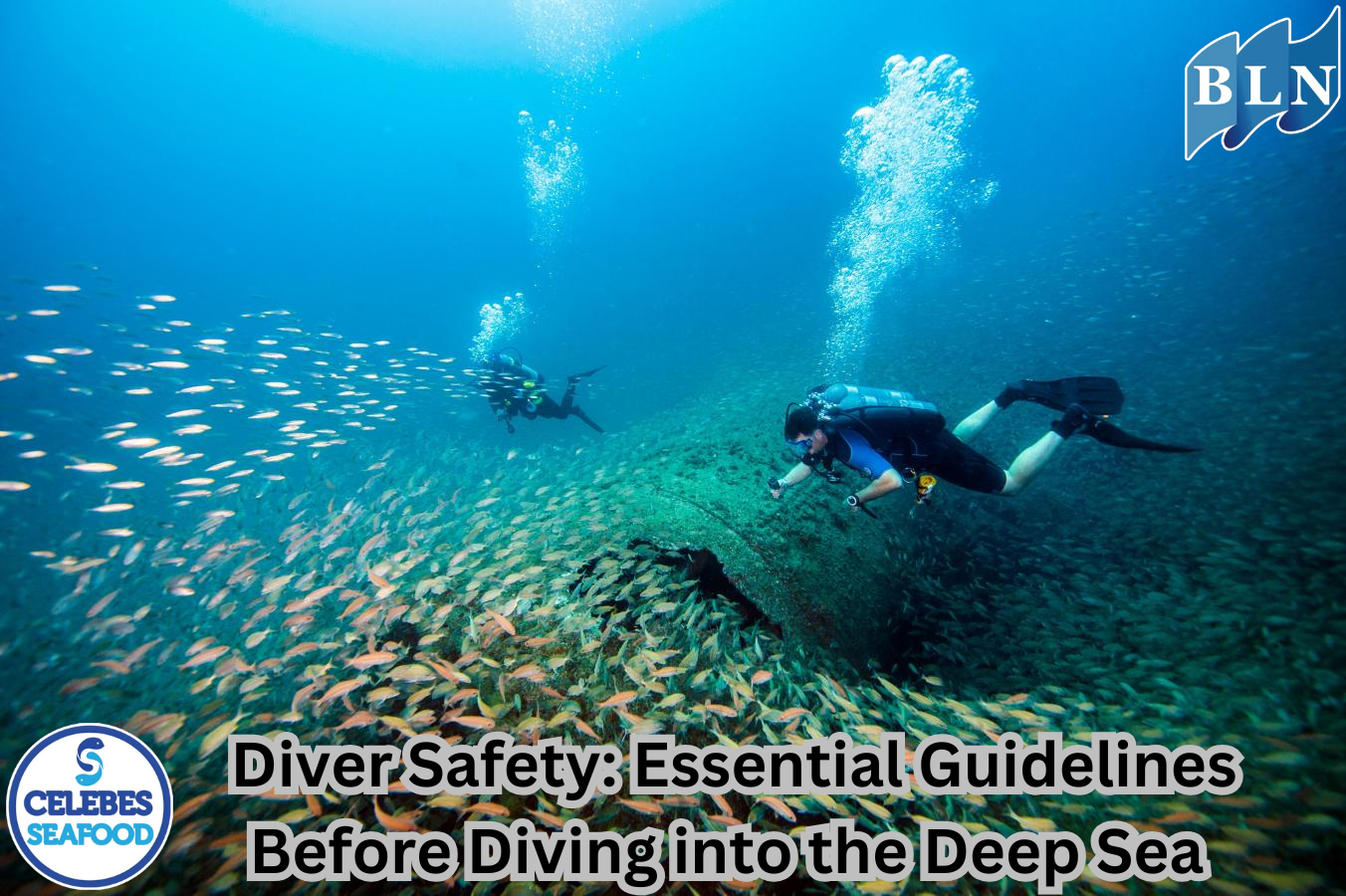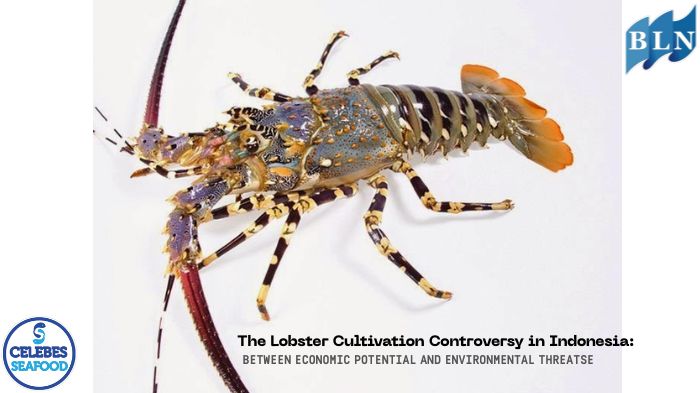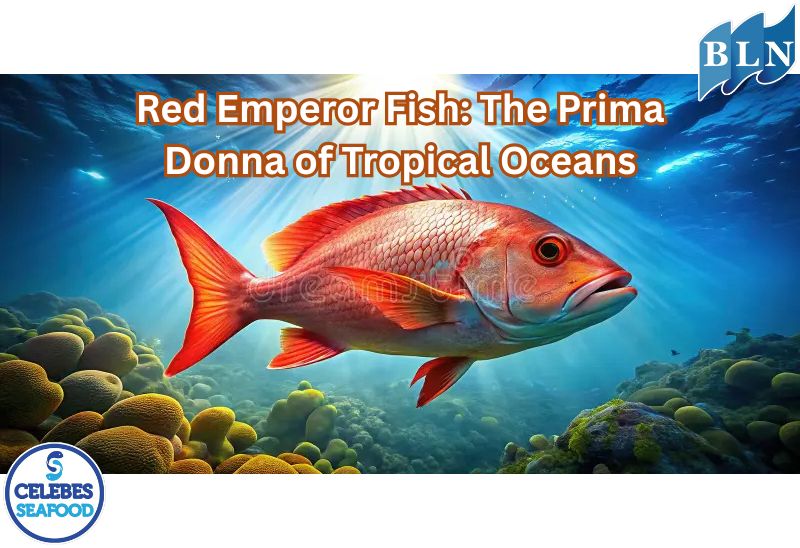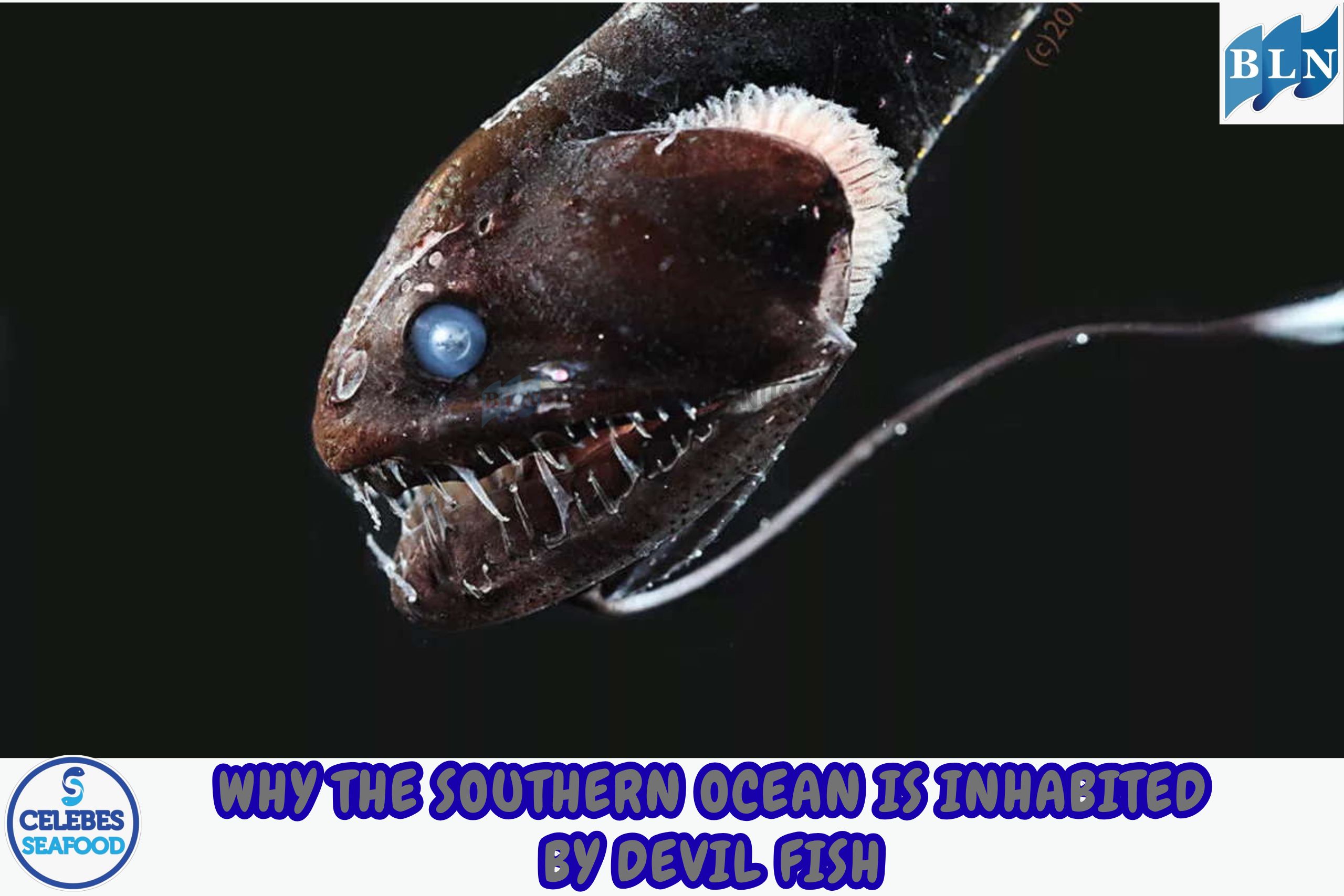Types and Functions of Coral Reefs in Marine Ecosystems
By. Rani - 21 Jan 2025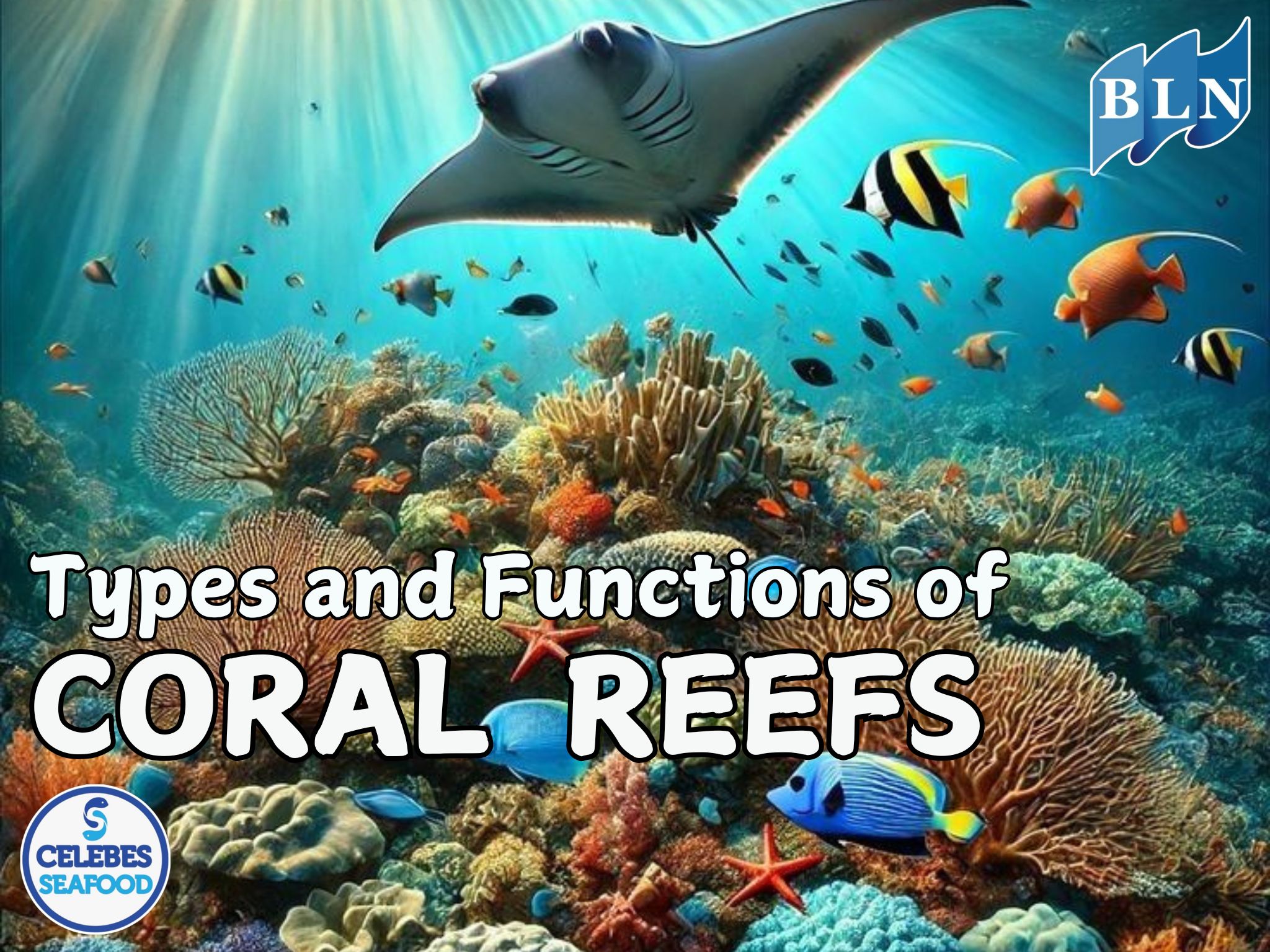
lautnusantara.com Coral reefs are one of the most beautiful and important ecosystems under the sea. They form stunning underwater forests and provide homes for a variety of marine species.
Coral reefs are rich and diverse marine ecosystems, known as the “rainforests of the sea.” Coral reefs are built by colonies of tiny coral polyps that secrete calcium carbonate, forming structures that provide habitat for many marine species. Coral reefs not only have high ecological value but are also important to the economy and culture of coastal communities.
read too : Get to Know The Parrot Fish: The Producer of White Sand and the Guardian of the Marine Ecosystem
Characteristics of coral reefs
- Coral reefs are limestone deposits that are mainly composed of calcium carbonate (CaCO3).
- Coral reefs are habitats for various types of marine animals, such as fish, shrimp, lobsters, and other marine biota.
- Coral reefs have unique shapes and various colors.
Benefits of coral reefs
- Coral reefs are a source of food for various types of marine biota.
- Coral reefs are a place to live, shelter, find food, and breed for marine biota.
- Hard coral reefs can be used as raw materials for making accessories and jewelry.
read to : Indonesia's Superior Marine Products: From Fishermen to Global Markets
Coral Reef Structure and Types
- Coral Reef Structure
Coral reefs consist of colonies of polyps that live in symbiosis with zooxanthellae algae. The algae provide color and energy for the polyps through photosynthesis, while the polyps provide protection and nutrients for the algae.
- Types of Coral Reefs
There are three main types of coral reefs
- Fringing Reefs: These reefs grow close to the shore and are directly connected to the mainland.
- Barrier Reefs: These reefs are separated from the shore by a deep lagoon.
- Atolls: These reefs are circular in shape and surround a lagoon, usually forming around a sunken volcanic island.
Ecological Functions of Coral Reefs
- Habitat for Biodiversity:
Coral reefs are home to more than 25% of marine species, including fish, molluscs, and other invertebrates. This diversity is important for maintaining the balance of marine ecosystems.
- Coastal Protection:
Coral reefs serve as natural protection for beaches from waves and erosion. By absorbing wave energy, coral reefs help prevent damage to coastal environments.
- Food Resources and Economy:
Many coastal communities depend on coral reefs for their livelihoods, such as fishing and tourism. Fish and other marine resources from coral reefs are an important part of people's diets.
If you are interested in our Coral Trout Fillet Skin On, CORAL TROUT WGG WHOLE GILLED GUTTED, TOMATO COD WHOLE GILLED GUTTED please do not hesitate to contact us through email and/or whatsapp.
